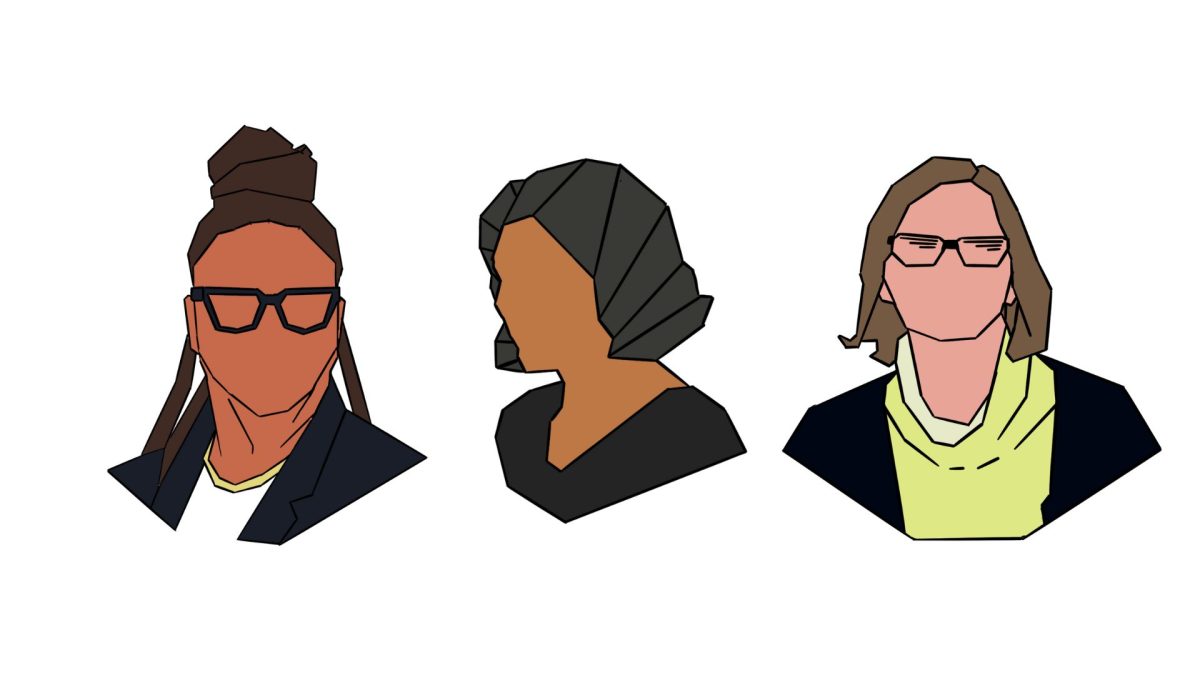According to USA Today, suicide is the leading cause of death in the United States, and nearly 85 percent of all victims of suicide in the country are men. Mental health can be a very confusing topic to understand for many people, including professionals who continue to learn more about it everyday. The topic of mental health is a very common and important topic in the Ann Arbor and Huron Community. Men’s mental health in specific is becoming a very large problem throughout the country as suicide rates are rising again. Professionals are still working to fix this growing issue.
Dr. Jennifer Klein, a social worker at the University of Michigan Hospital, is one of the many professionals that are exploring this issue in their normal workplace. She has been working in the social work field for nine years and is always determined to help people and dig deeper into these issues to allow for people to get the proper support they need. She has noticed this issue of men’s mental health in society and feels that it is a very real issue as she helps out patients in her everyday work life.
“My female patients tend to seem more open to trying therapy and/or medication when suggested; my male patients sometimes seem to struggle more with the concept of accepting outside help,” Dr. Klein said. “They will often tell me that ‘feelings’ are not something that are discussed openly at home or with others in their lives for various reasons and may need more guidance around why therapy, medication or just seeking support from others can be beneficial to them.”
Senior Isaiah Barrientes is part of the Peer Program that works to help get rid of the stigma around mental health.
“I think that men going into the peer lab when they have general stressors or just talking to their friends and family about it would help to push a more progressive mindset of the public regarding men’s mental health,” Barrientes said.
Another thing Dr. Klein has noted about the male patients she has is that they will often identify physical symptoms, such as chest pain, shortness of breath, or headaches, as their primary purpose for coming to the ER. However, sometimes when the medical professionals are unable to find a medical cause for their symptoms but they report a variety of acute stressors, the doctors are able to identify that it is more likely that they may be having these symptoms as a reaction to stress or anxiety. She also feels that mental health for men is heavily overlooked in society and not thought of as a real thing for them.
“I believe this largely has to do with traditional gender roles impacting men’s ability to seek help for their mental health—men are traditionally seen as providers and protectors, and many men I speak with tell me that they have been taught that mental health is not something that they should speak openly about due to this implying that they are “weak” or unable to care for those that depend on them,” Dr. Klein said. “In this sense, men are also sometimes overlooked in areas of mental health care where the patient population tends to be statistically primarily female (such as in eating disorders) and symptoms in men may be attributed to another cause or not recognized.”
Sara Zocher, a social worker in the Ann Arbor community, also feels that the views of mental health in society are very different. She feels that men are thought of and taught to be strong and deal with their mental health issues in their own ways off to the side.
“From the time that they’re born, [men] typically think about how strong they are, how fast they are, how tough they are,” Zocher said. “Parents often reinforce that in the way that they raise their kids and talk to their kids.” “
Because of this, there is often an association between the state of one’s mental health and their physical strength.
“And so it becomes really, really difficult for boys or men to ask for help because they’re afraid that they’re going to be perceived as being weak,” Zocher said. “I think as a society we can have conversations about what it means to be a boy or a man and what it means to also be strong.
Dr. Klein also noted that a majority of her patients are females and she feels that this ties back to the fact that people think that mental health is not something that should be explored and talked about for men. She feels that women are much more likely to be willing to open up and share their thoughts and feelings while men are not as commonly willing to. Also, even if the men are willing to open up, they aren’t always fully willing to seek the help and strategies they can use to cope with their struggles because to them, they think they might look weak doing this. She feels that mental health needs to be normalized in society for everyone no matter who you are so that people become willing to open up and seek the help they need.
“The normalization of discussion around mental health has done wonders in removing stigma from the subject and encouraged so many more people to seek support from one another and from mental health providers but we must keep normalizing it for everyone,” Dr. Klein said. “On an individual basis, I think it is so important to continue that discussion and to continue to check in with male friends, family and peers around their mental health…the more men feel empowered to open up and seek help, the more information we as mental health providers are able to gain as to how we can better support men in their mental health care needs.”
















